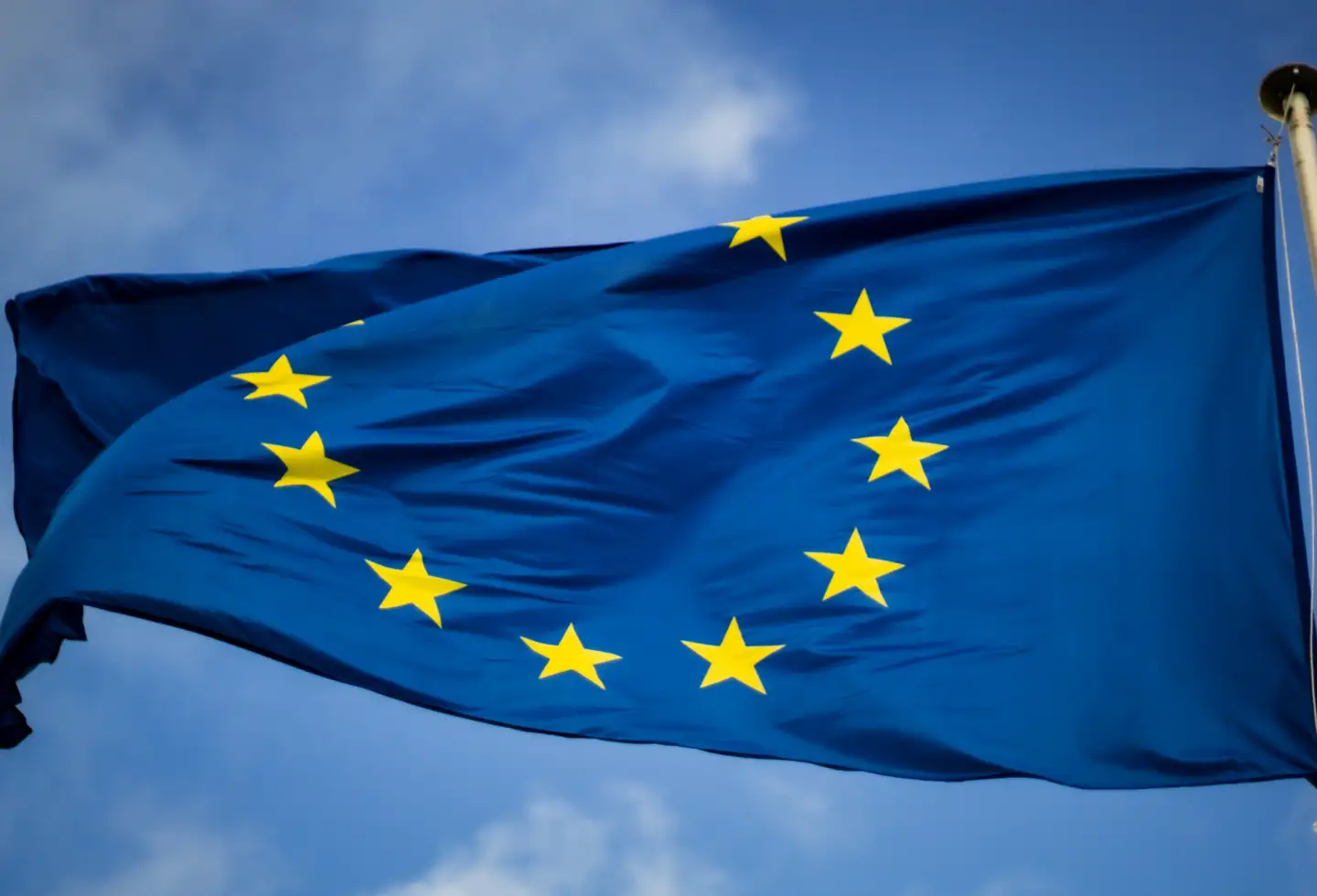With the rapid advancement of artificial intelligence (AI) technology, concerns about its ethical implications and potential risks have been mounting, solidifying the EU AI Law.
Recently the European Union (EU) has taken a decisive step towards regulating AI by approving the world’s first comprehensive AI law. This historic legislation aims to strike a balance between fostering innovation and mitigating the potential dangers posed by AI systems.
The AI Act, proposed by the European Commission in April 2021, has undergone extensive deliberations and negotiations among EU member states and the European Parliament.
The EU AI law categorizes AI systems based on their level of risk, with strict rules and requirements applied to high-risk applications such as those used in critical infrastructures, education, or employment.
The primary goal of the AI Act is to ensure the development and deployment of safe and trustworthy AI systems while promoting innovation and competitiveness within the EU’s digital single market.
Comprehensive Oversight and Accountability with EU AI Law
One of the most significant aspects of the AI Act is the establishment of a robust governance framework for AI systems.
High-risk AI applications will be subject to extensive testing, risk assessments, and compliance checks before being allowed on the market.
Developers and providers of these systems will be required to implement stringent measures to mitigate potential risks and ensure transparency and accountability.
“On Artificial Intelligence, trust is a must, not a nice to have”
Margrethe Vestager, Executive Vice-President of the European Commission for A Europe Fit for the Digital Age.
Prohibition of Unacceptable AI Practices with the EU AI Law
The EU AI Act also introduces a ban on certain AI practices deemed unacceptable due to their potential to violate fundamental rights or pose significant risks to individuals or society.
This includes prohibiting the use of AI systems for indiscriminate surveillance, social scoring, or exploiting the vulnerabilities of individuals for manipulative purposes.
Additionally, the law mandates transparency requirements for AI systems, including the obligation to inform individuals when they are interacting with an AI system and to provide clear information about its capabilities and limitations.
The AI Act represents a significant milestone in the global effort to regulate AI technology and ensure its responsible development and deployment.
As the first comprehensive AI law, it sets a precedent for other countries and regions to follow, fostering a more ethical and trustworthy AI ecosystem.
Business leaders and technology companies must now adapt their AI strategies and practices to comply with the new regulations, prioritizing transparency, accountability, and the protection of fundamental rights.
The EU AI Act is a clear signal that the era of unregulated AI is drawing to a close, and responsible innovation is the path forward.





